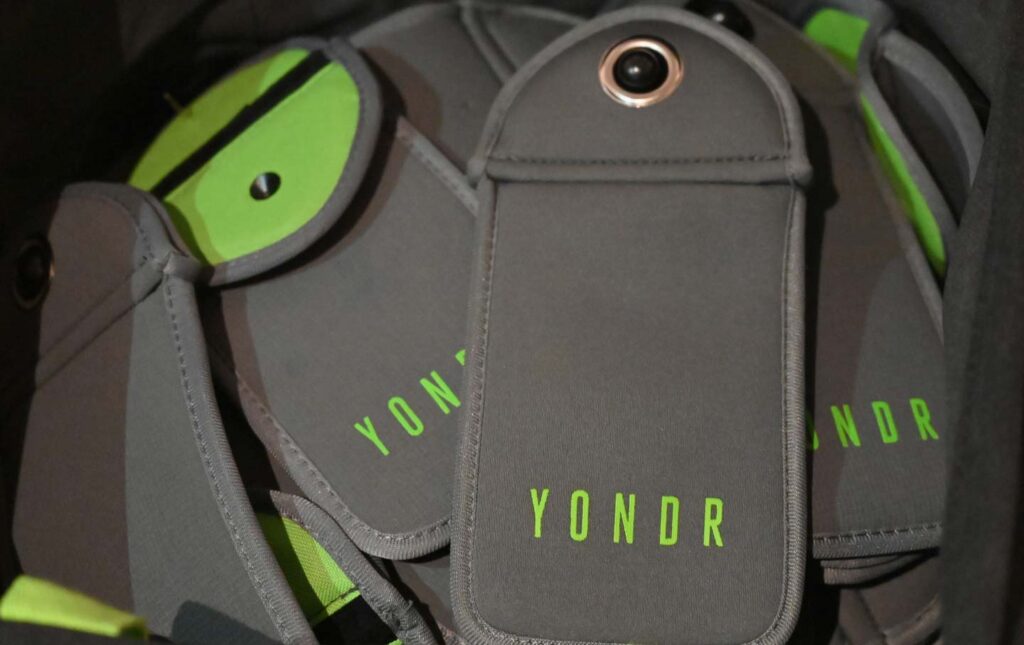July 2, 2024
Yondr Pouches: A Revolution or a Mistake?
By John Myers
By Sheema Zaira

On September 13th, 2023, the Urban Assembly School for Leadership and Empowerment (UASLE) began to officially implement the Yondr pouch phone policy. With its diverse student body, close-knit community, and continuous struggle with managing student’s phones, this Urban Assembly School decided it had had enough. Yondr Pouches, which lock students’ electronic devices during school hours, have become a hot button issue due to the frustration and dissatisfaction of the students. Despite some concerns over the effectiveness this new policy has on creating a better learning environment, UASLE’s Assistant Principal, Kelliann. Moller, is confident of its implementation.
“I’ll be honest with you, I was hesitant at first because I knew it was going to be a struggle, “but now, I’m 1000% for it!”
Since UASLE shares a school building with Montauk, another Brooklyn public school, it was their principal Adam Frank, who introduced to Moller that they were going to utilize the Yondr Pouch policy. Through various staff meetings, “schoolwide decision making”, and a collaboration between administration, teachers, and parents, UASLE finally decided to go through with the plan.
UASLE’s goal was to not have phones present in the classroom since they can disrupt learning and create an unsafe environment. When I asked her how she knew Yondr pouches were reaching this goal, Moller said, “Well, do you see phones out anymore? No, right?” And that’s true. It’s somewhat shocking and disconcerting to see the transformation of Yondr at our schools.
But what about the students? There has been a generally negative reception to the Yondr policy. Few of the students are finding ways around the policies, such as breaking open the pouch or bringing an extra phone to school. However, the majority of the student body has adapted to the Yondr pouches. Moller says, “Even if the kids don’t agree with the policy, they still respect it. Only a certain community can pull that off, and we’re lucky to have it.”
Since phones are now kept away, teachers and students aren’t fighting over them anymore. There is less tension, and teachers don’t have to spend more time focusing on monitoring phones and can focus on the lessons instead.
One student at UASLE says, “It’s like they don’t trust us, so that leaves a sour taste. It can be an emotional hindrance, and it can be very humiliating for a lot of students”. Many students argue that they lacked voice and representation in the decision-making process. This policy can become a burden on them when they must wait in long lines in the morning to close their pouches as well as unlock them during dismissal.
Despite these concerns, most students aren’t going to extreme lengths to boycott the policy. While many students feel frustrated with the policy, they are mature enough to understand its importance and continue to abide by the rules.
Although a few years have passed since the pandemic, many schools have struggled to shift back into the pre-pandemic era of phone control. Most students came out of the pandemic codependent and clinging to their phones. They need a break from social media and from electronic screens. The Yondr pouch has improved the mental health of students, increased their communication and interaction with one another, and overall, created a safer and healthier school environment. In the age of advanced technology and overuse of electronic devices, maybe keeping away phones is a good option.


